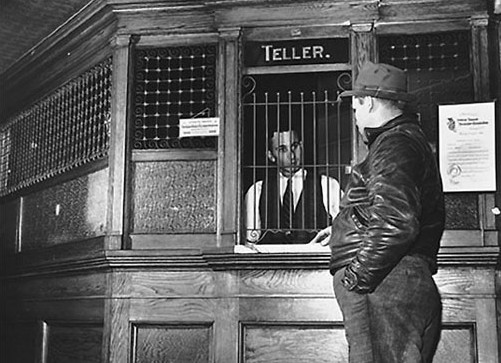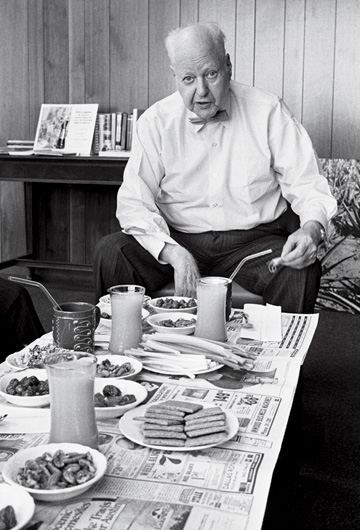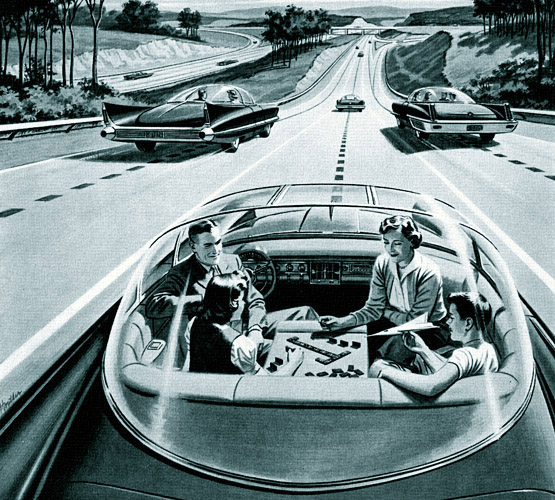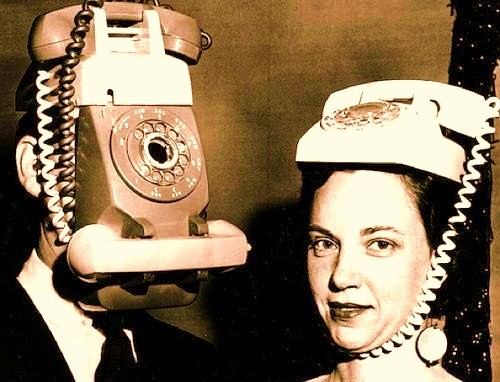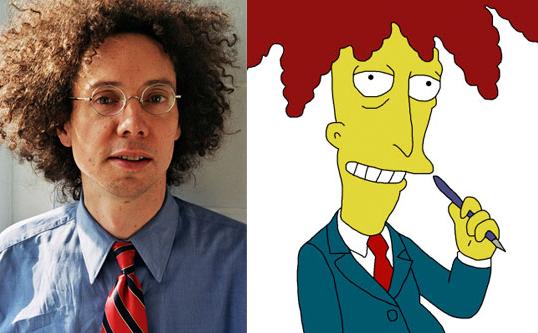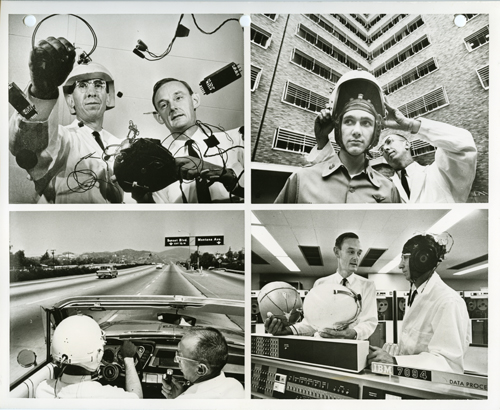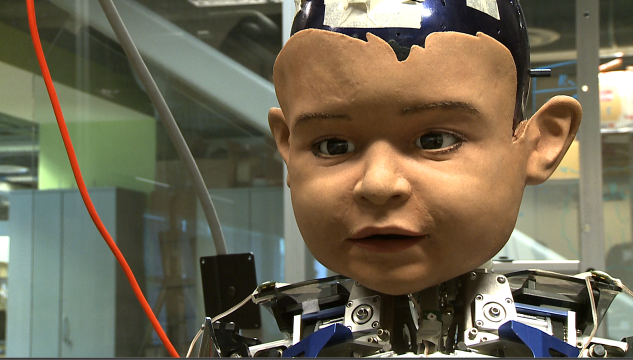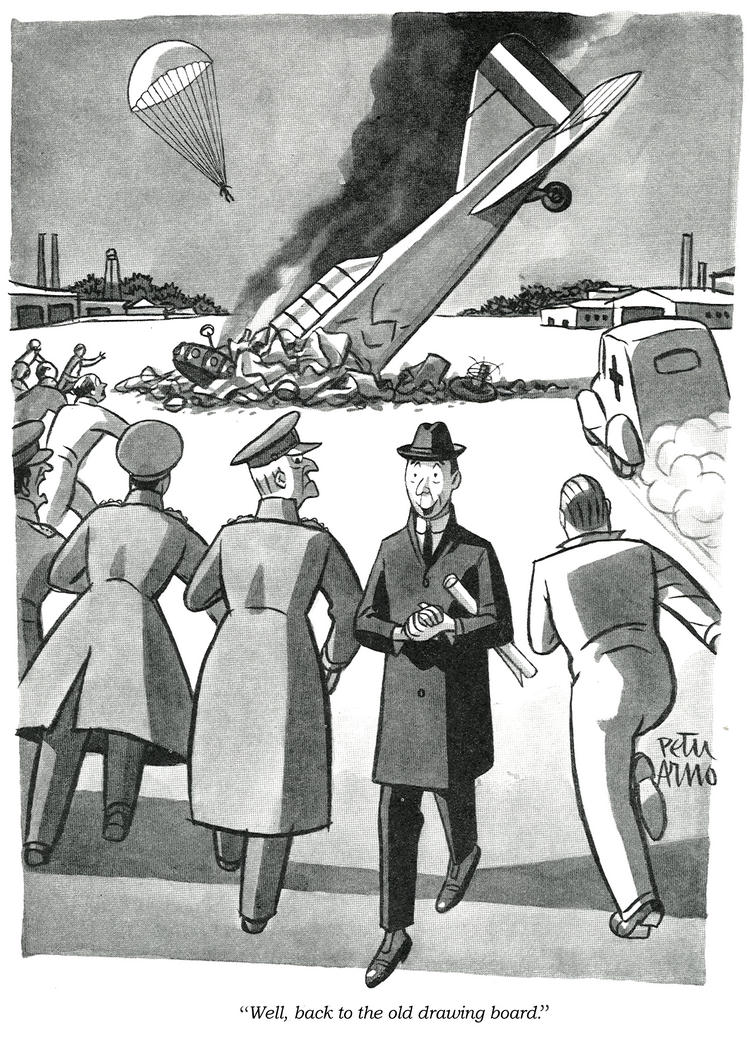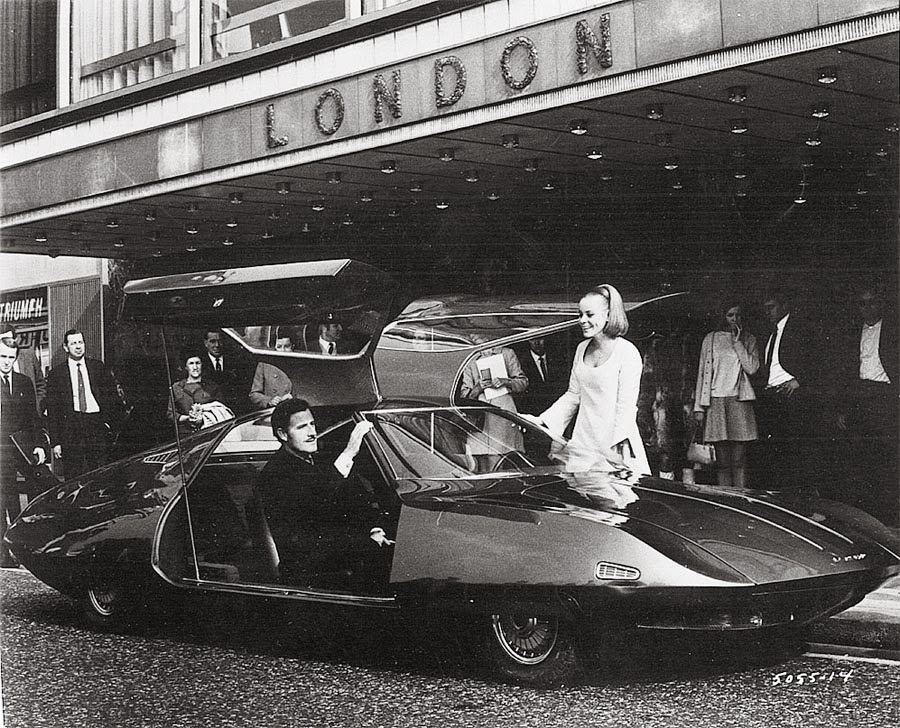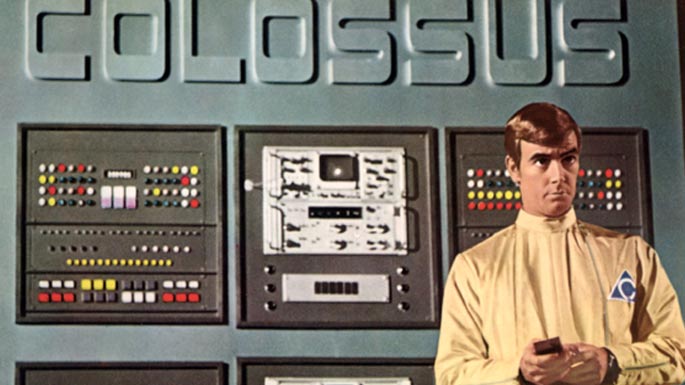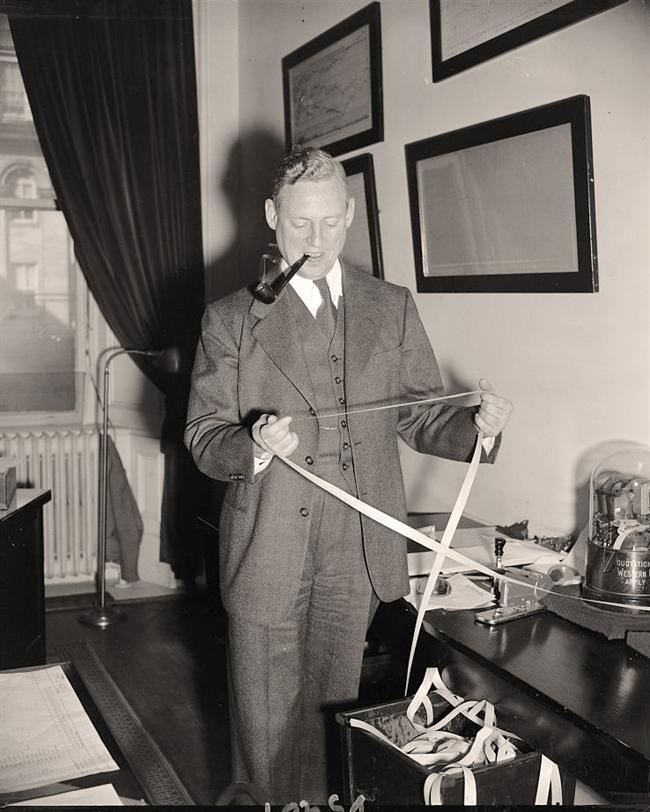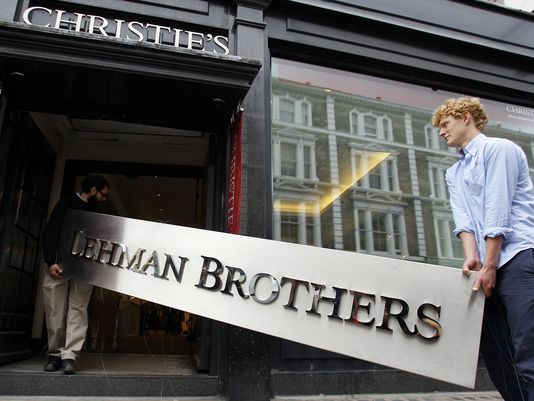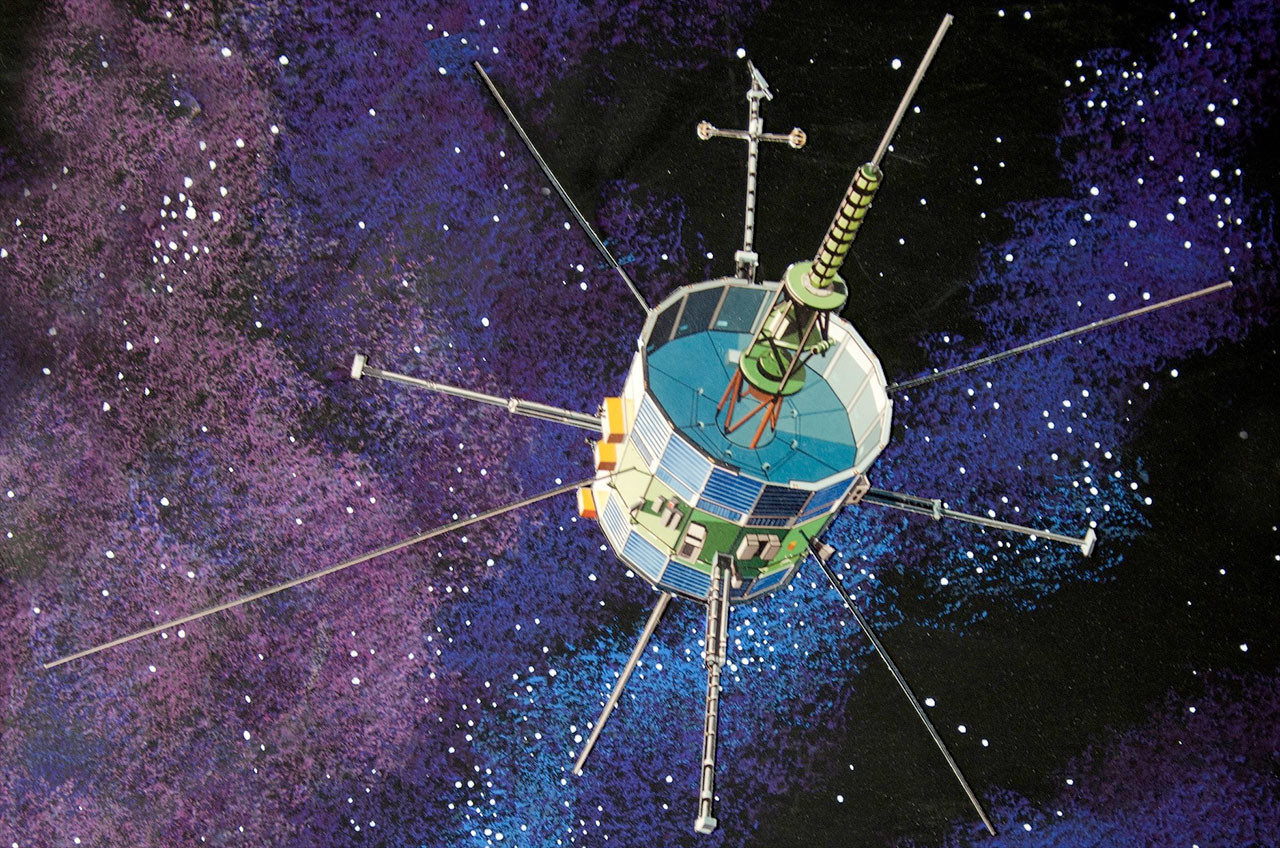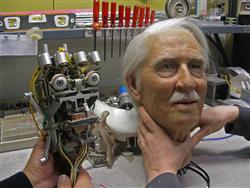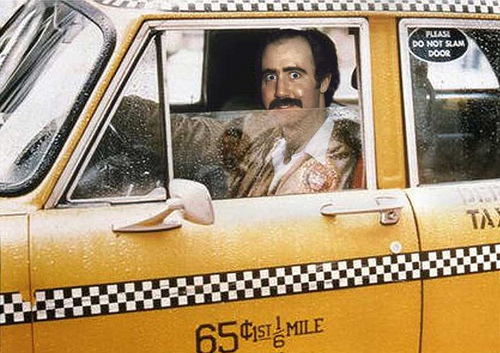It’s no shock that disruptive banks haven’t been the thing in Silicon Valley the way market-shifting laundry services have. Literally losing your shirt is unfortunate, but losing it figuratively is completely unacceptable. The opening of Kevin Roose’s New York Magazine article about the possibility of nouveau banking that bucks the system:
“Recently, after a long, drawn-out fight over an overdraft fee, I decided to break up with my bank. I withdrew my balance, closed my accounts, and began looking around. I wanted to find a disruptive bank, in the Silicon Valley parlance—one better than the opaque, fee-filled behemoths I’d dealt with in the past.
The problem, I quickly learned, is such a thing doesn’t yet exist. The big banks all offer basically the same bevy of services, and small banks and credit unions tend to skimp on the add-ons I need, like mobile-banking apps and spending trackers. All of them, big and small, run on the same outdated infrastructure—paper checks, debit cards that require punched-in pins, wire transfers that take days to clear. Despite Wall Street’s reputation for ruthless efficiency and staying ahead of the curve, the last truly important innovation in consumer banking might have been the ATM.
To listen to Silicon Valley tell it, that will change soon. ‘I am dying to fund a disruptive bank,’ venture capitalist Marc Andreessen tweeted earlier this year. Financial start-ups—known collectively as ‘fintech’—are spreading like kudzu, each with a different idea about how to usurp the giants of Wall Street by offering better services, lower fees, or both. Bitcoin and other digital currencies are the tech scene’s infatuation du jour. But a number of other companies are finding success by innovating within the monetary system we already have. ‘When I go to Silicon Valley … they all want to eat our lunch,’ lamented JPMorgan Chase CEO Jamie Dimon this year.”

